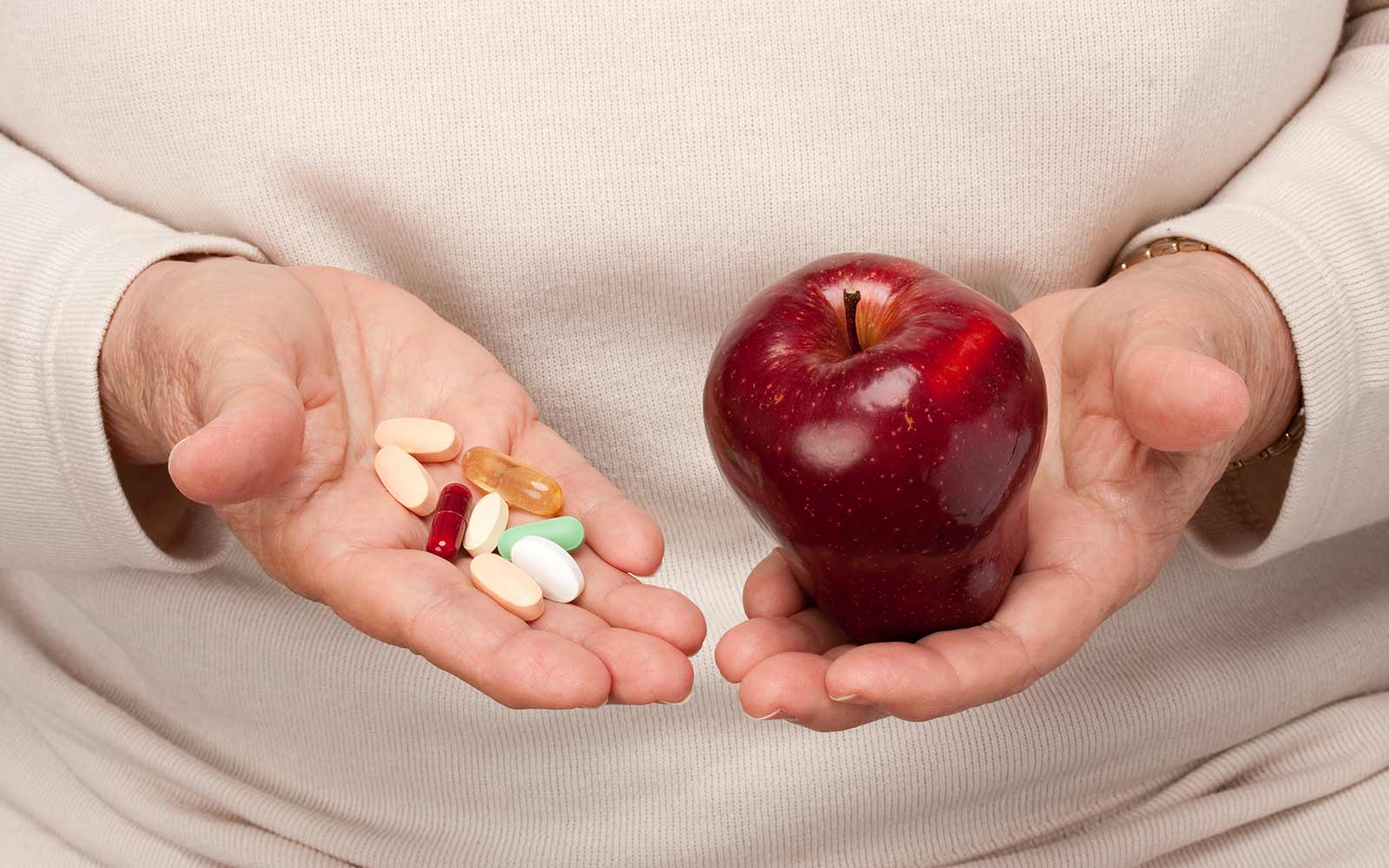From Tired to Inspired: Supplements to Maintain Your Energy
Help meet your vitamin and mineral requirements with dietary supplements to maintain energy levels.

In order to maintain energy levels and help operate at our best day to day, it’s important to consistently eat a healthy, well-balanced and varied diet, get plenty of high-quality, refreshing sleep, and maintain a consistent exercise routine.
The protein, carbohydrates and fats in our diets are directly converted to energy, at differing rates, however our bodies require certain amounts of specific vitamins and minerals in order to trigger the metabolic processes responsible for energy production.
It’s recommended to try to consume adequate quantities of all essential vitamins and minerals through our diets, although this isn’t always practical or achievable.
Modern life is busy, and even when doing our best, it can be easy to slip up from time to time when it comes to diet, sleep or exercise. Failing to meet our requirements for certain nutrients may result in a drop in energy and feelings of tiredness or weakness.
Dietary Causes of Low Energy
Certain dietary practices can make it difficult to get enough of some of the nutrients required for efficient energy metabolism. Following a restrictive diet that limits one to eating specific types of foods can result in low levels of some vitamins and minerals.
Individuals following a vegan diet may find it difficult to get enough vitamin B12, as the best sources of this nutrient are meat, seafood, eggs and dairy.
Some vegans and vegetarians may additionally find it difficult to maintain adequate iron levels. Dietary iron comes in two forms, heme and non-heme. Heme iron is found only in animal-based food sources such as meat, seafood and poultry. Non-heme iron is present in plant-based food sources including leafy greens, nuts and legumes, but is harder for the body to absorb.
People who are consistently consuming too few calories, including those following restrictive weight loss diets and people with food intolerances may also find it difficult to maintain adequate nutrient levels, which can result in low energy.
Need a Pick-Me-Up?
Whether you’re trying to kickstart a busy morning, gear up for an intensive exercise session, or power through a mid-afternoon slump, many of us instinctively reach for a sweet, sugary snack or favourite caffeinated beverage when feeling low on energy.
There’s good reason behind these tried-and-true behaviours – sugars, the simplest and most readily absorbed forms of carbohydrate can certainly provide a fast and effective energy boost. The flipside is that the boost in energy can often be followed by a crash which can be just as intense.
A cup of coffee is one of the most commonly used substances on earth, and it provides an effective kickstart to the morning for many of us on a daily basis.
While this daily habit works well for many, it’s not for everyone. That's where supplements for energy can help.
B Group Vitamins
B group vitamins are water-soluble vitamins found naturally in some foods, added to certain foods such as fortified cereals, and sold as supplements. They are essential micronutrients which cannot be made by the body and cannot be stored in large quantities, thus requiring a continuous daily intake.
B vitamins work together to help the body create energy; each plays a role in different steps of the cellular energy production process.
Vitamin B1: also known as thiamine, vitamin B1 can be found in whole food sources including whole grains, legumes and nuts. Inadequate intake long term can lead to dietary deficiency, which can result in lack of energy and/or tiredness.
Vitamin B2: also known as riboflavin, food sources include meat, eggs, dairy, green vegetables and fortified cereals. Long term inadequate intake can lead to dietary deficiency, resulting in tiredness and weakness.
Vitamin B3: also known as niacin, food sources include beef, pork, fish, legumes and nuts. Inadequate intake over the long term can result in dietary deficiency, characterised by fatigue.
Vitamin B12: predominantly found in animal-based food sources including meat, poultry, fish, eggs and dairy. As such, vegans and vegetarians may find it difficult to maintain adequate dietary intake. Inadequate intake can result in tiredness and weakness.
Iron
Iron is an essential mineral that is responsible for producing the haemoglobin in red blood cells which transports oxygen around the body.
Inadequate dietary intake or absorption of iron can result in lack of energy or a feeling of weakness. Over the long term it can lead to dietary deficiency, particularly in women, which can result in fatigue and low energy levels.
Those who experience heavy periods and people who don’t eat meat, poultry or seafood may be at higher risk of suffering from dietary iron deficiency.
Dietary sources of iron include red meat, poultry, seafood, leafy green vegetables, legumes and nuts.
Iron supplements in certain forms may be harsh on the stomach.
Supplementing with more bioavailable forms of iron supplements, such as Nature’s Way High Strength Iron, can support energy levels while helping to relieve tiredness. It contains iron bisglycinate, a form of iron which is gentle on the stomach and better absorbed than some other forms of iron. It also includes vitamin B12 and vitamin C to increase dietary absorption of iron.
Magnesium
Magnesium is an electrolyte which also helps support energy production, muscle and nerve function.
Dietary sources include whole grains and some legumes. Long term inadequate dietary intake of magnesium can lead to deficiency of the mineral, which can result in fatigue and muscle cramps. To learn more about magnesium, read our article, "Magnesium Matters: Why You Need this Essential Nutrient."
Always read the label and follow the directions for use.






